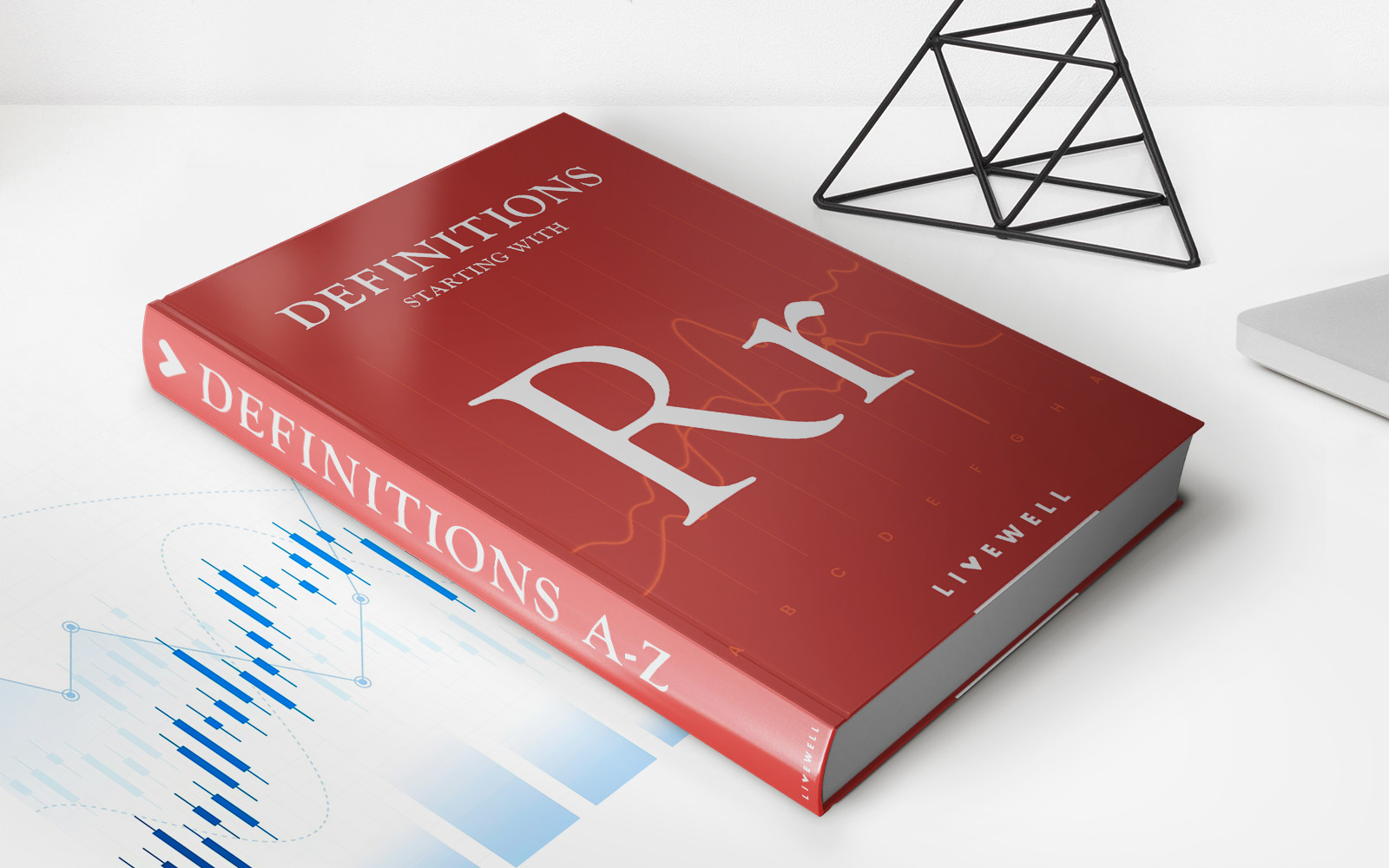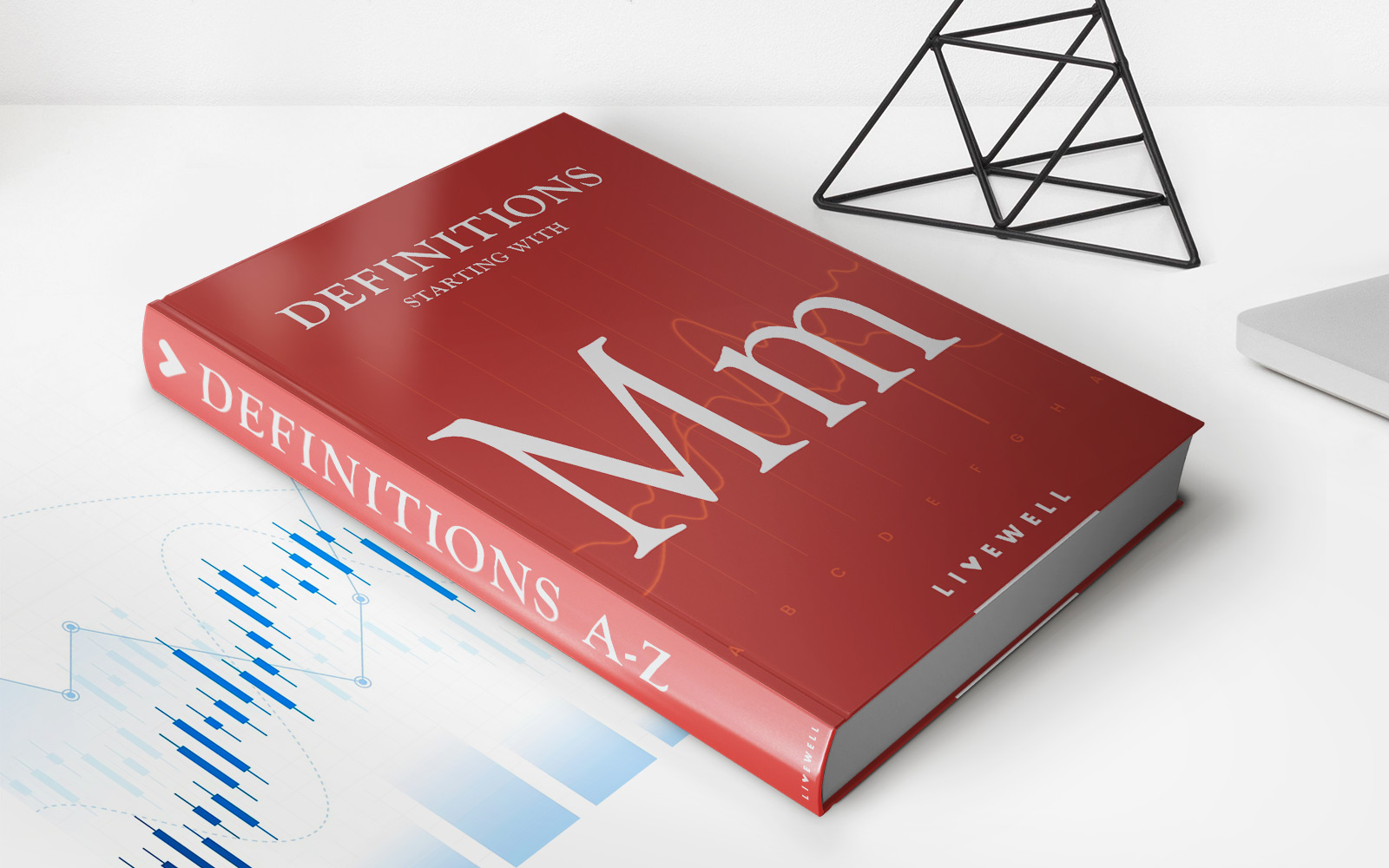Home>Finance>Inheritance: Definition, How It Works, And Taxes


Finance
Inheritance: Definition, How It Works, And Taxes
Published: December 9, 2023
Learn about inheritance and how it works in finance, including taxes. Understand the definition and implications of inheriting wealth and assets.
(Many of the links in this article redirect to a specific reviewed product. Your purchase of these products through affiliate links helps to generate commission for LiveWell, at no extra cost. Learn more)
Inheritance: Definition, How It Works, and Taxes
Welcome to our FINANCE category where we delve into all things related to managing your money and achieving financial success. In this blog post, we will be discussing a topic that affects many people at some point in their lives: inheritance. Whether you have received an inheritance or are planning for the future, understanding how inheritance works and the tax implications involved is crucial. So, let’s dive in and explore the fascinating world of inheritance.
Key Takeaways:
- Inheritance refers to the transfer of assets, property, or wealth from one person to another upon their death.
- Understanding the process of inheritance and the tax implications can help you make informed decisions and plan for your financial future.
What is Inheritance?
Inheritance, simply put, is the transfer of assets, property, or wealth from one person to another upon their death. When someone passes away, their estate—their total assets and liabilities—needs to be distributed to their chosen beneficiaries. This can include family members, friends, or charitable organizations, depending on the wishes of the deceased as outlined in their will or determined by intestate succession laws.
Inheritance can come in various forms, including:
- Cash and bank accounts
- Real estate properties
- Stocks, bonds, and investments
- Jewelry and valuable collectibles
- Business ownership
Now that we have a basic understanding of what inheritance is, let’s explore how the inheritance process works and the important matter of taxes.
How Does Inheritance Work?
When someone passes away, their estate typically goes through a legal process known as probate. During probate, the deceased’s will is reviewed, debts and taxes are paid, and the remaining assets are distributed to the designated beneficiaries. If there is no will in place, intestate succession laws determine how the estate will be distributed.
Here are the key steps involved in the inheritance process:
- Probate: The will is submitted to the probate court, which validates its authenticity and oversees the distribution of assets.
- Debts and Taxes: Any outstanding debts, taxes, or estate taxes owed by the deceased are identified and settled.
- Asset Appraisal: An appraisal is conducted to determine the value of the deceased’s assets, including real estate, investments, and personal belongings.
- Asset Distribution: Once debts and taxes are paid, the remaining assets are distributed among the beneficiaries according to the terms of the will or the laws of intestate succession.
Taxes and Inheritance
When it comes to inheritance, taxes can become a complex matter. The tax implications vary depending on the country and state in which you reside. In the United States, for example, there is a federal estate tax that applies to estates exceeding a certain value. However, many estates are exempt from this tax. Additionally, some states may have their own estate or inheritance taxes.
It’s important to consult with a tax professional or an estate planning attorney to understand the specific tax laws and exemptions that apply to your situation. By doing so, you can plan ahead and potentially minimize the tax burden on your beneficiaries.
Remember that this blog post is meant to provide a general overview of inheritance and its taxation. Always seek professional advice tailored to your unique circumstances.
Conclusion
Inheritance is a significant part of many people’s lives, and understanding how it works and the tax implications involved is essential. As you navigate the world of inheritance, remember to consult with professionals who can guide you through the process and help you make informed decisions. By doing so, you can ensure a smooth transition of assets and provide financial security for your loved ones.














